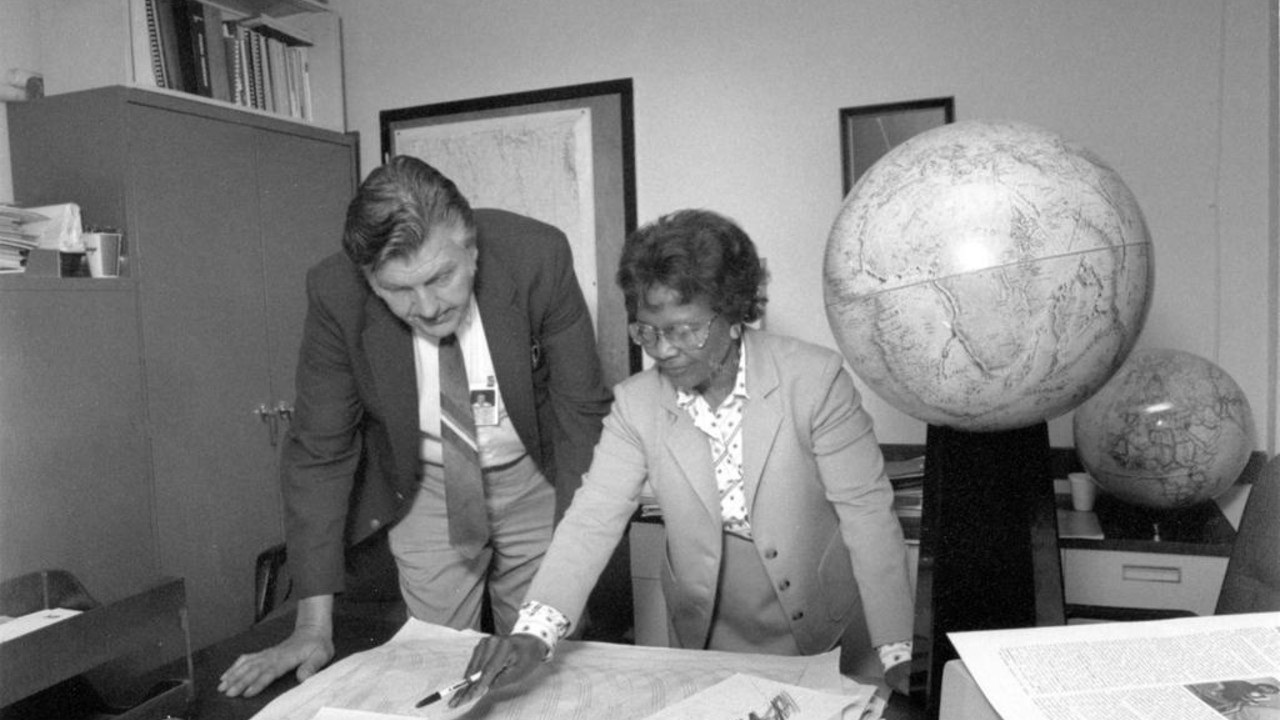Report: ISS Needs More Crew, Science to Support NASA's Exploration Plan
Despite itspotential to support NASA's manned spaceflight ambitions, the InternationalSpace Station (ISS) will fall short unless it sees larger crews, more scienceand a comprehensive plan to bolster future exploration efforts, according to a reportreleased this week.
The report,performed by a National Research Council (NRC) panel of scientists, found the spacestation a key resource for the development of technologies required forfuture exploration, but lacking in manpower and direction.
"[Our] chargesincluded a review of...whether the station was really important for spaceexploration, and we think it is," said panel chair Mary Jane Osborn, aprofessor with the University of Connecticut Health Center in Farmington,Connecticut.
But crewlimitations and the absence of an integrated plan to use the station towork toward NASA's goal of a new manned lunar missionby 2018 caused some concern to NRC panel members.
"It's veryvital indeed since otherwise, you don't really know what you're doing," Osborn saidof an integrated ISS plan, adding that increasing station crew size will be aboon for scientific research. "It would allow a significant improvement."
ISS crewshave been limited to two astronauts - down from three members - since the 2003 Columbia accident. Theyare slated to return to a three-person level with the arrival of Europeanastronaut ThomasReiter aboard NASA's STS-121 shuttle flight set to launch no earlier than May2006, when the 13th ISS crew will be aboard.
Panelmembers urged NASA to push for a full, six-astronaut ISS crew by 2008, theearliest the agency believes the station could be ready to sustain such a crewsize.
Breaking space news, the latest updates on rocket launches, skywatching events and more!
NASAofficials said the agency has received the panel's report.
"We'reessentially still reviewing it," said NASA spokesperson Allard Beutel said ofthe report. "We do believe that our 2007 budget will address the overall plansfor completing the space station, including our objectives and obligations toour international partners."
NASA plans to launchup to 19 more shuttle flights, 18 of them to the ISS, before the three-orbiterfleet is retired in 2010. The space agency's shuttles are the only vehiclescurrently capable of delivering the station's most massive components, and NASAofficials are working with their international partners to determine the final orderof those flights.
But panelmembers found that at NASA should develop a backup plan to deliver vital ISScomponents should the agency's aging shuttle fleet be unable to complete the stationby its retirement date, according to the report.
- The International Space Station So Far: Five Years of Service, But Incomplete
- Complete Coverage: ISS Expedition 12

Tariq is the award-winning Editor-in-Chief of Space.com and joined the team in 2001. He covers human spaceflight, as well as skywatching and entertainment. He became Space.com's Editor-in-Chief in 2019. Before joining Space.com, Tariq was a staff reporter for The Los Angeles Times covering education and city beats in La Habra, Fullerton and Huntington Beach. He's a recipient of the 2022 Harry Kolcum Award for excellence in space reporting and the 2025 Space Pioneer Award from the National Space Society. He is an Eagle Scout and Space Camp alum with journalism degrees from the USC and NYU. You can find Tariq at Space.com and as the co-host to the This Week In Space podcast on the TWiT network. To see his latest project, you can follow Tariq on Twitter @tariqjmalik.
